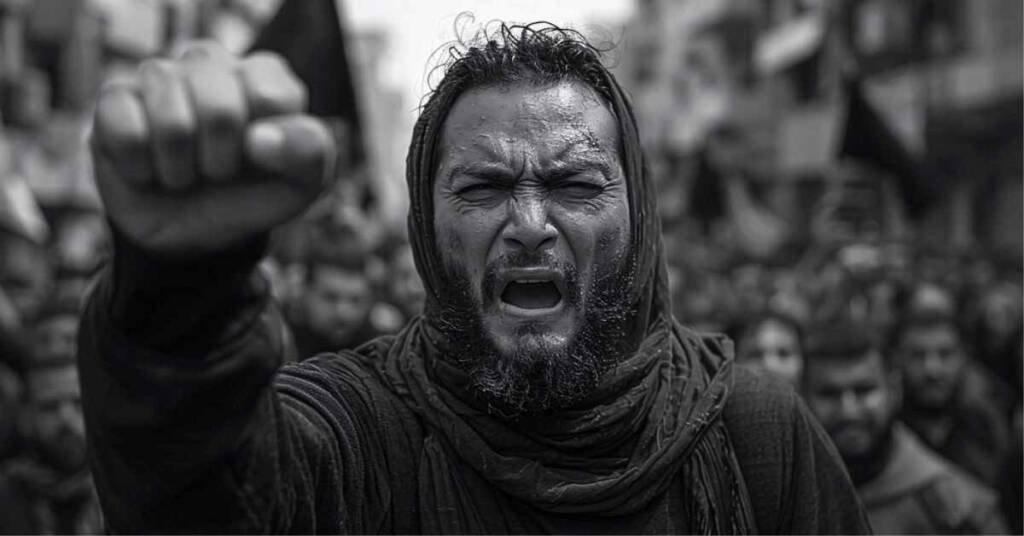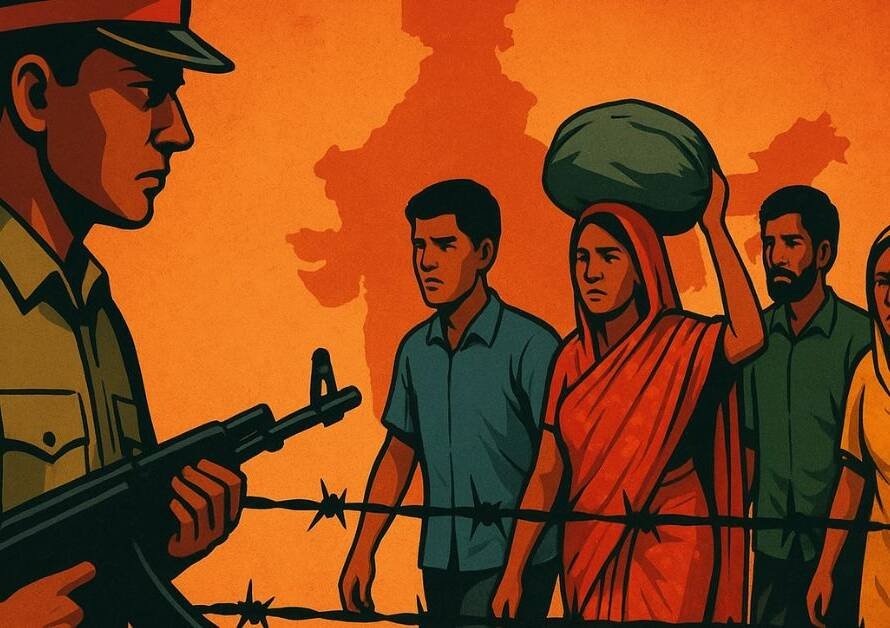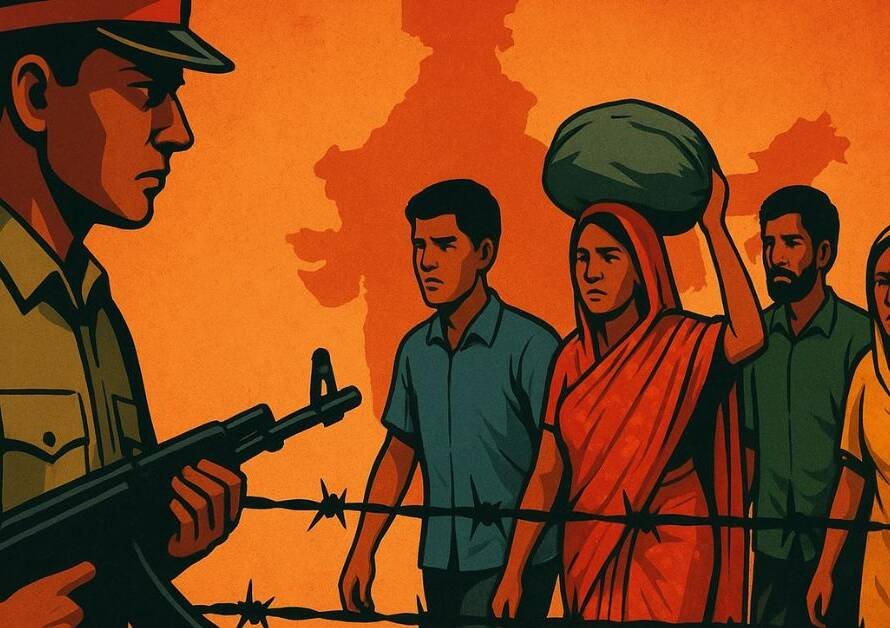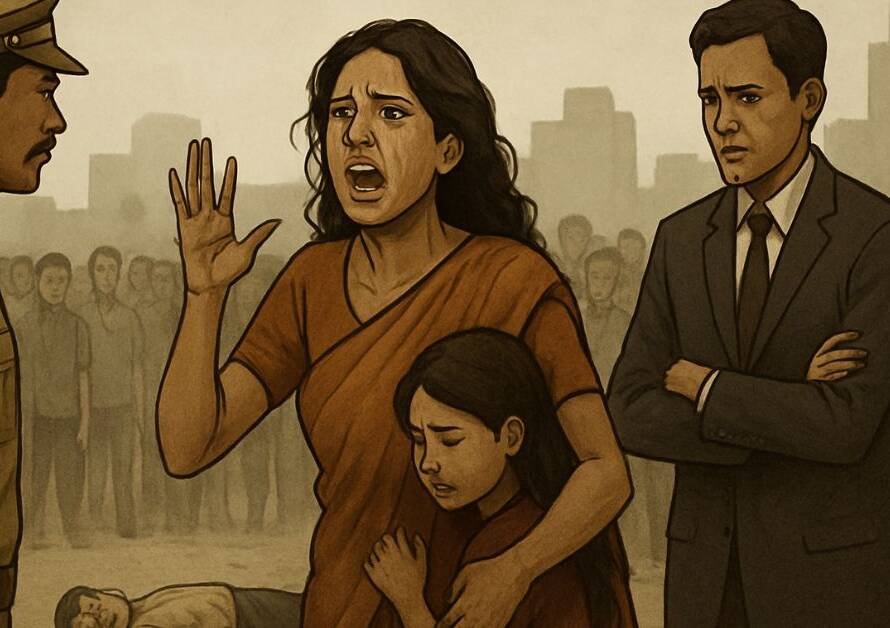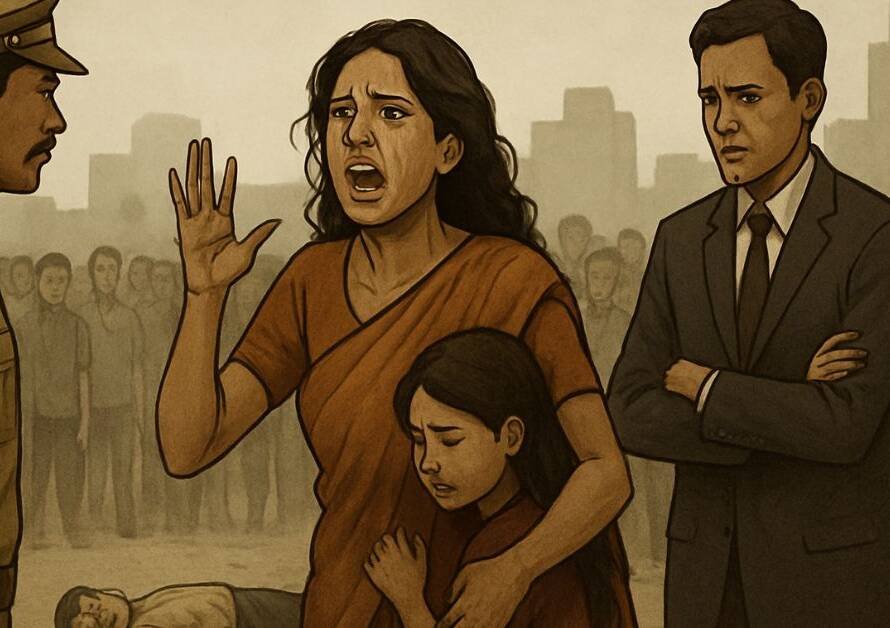Recently, I came across a horrifying incident in Bangladesh where students from a Hindu hostel had to jump off the roof to escape attackers. Imagine their desperation—60-70 terrified students risking their lives to flee. Why didn’t they defend themselves? What made them so vulnerable? These unsettling questions highlight an urgent need for preparedness and self-defense.
Facing the Reality of Vulnerability
Now, imagine a similar scenario closer to home. Suppose armed radicals invade your house or village. What would you do? Are you prepared? Do you have the resources—training, weapons, or unity—to defend yourself and your family? Survival in such situations depends entirely on preparation and readiness.
Preparedness of the Threat
Jihadists are often well-trained and armed, operating with frightening efficiency. What do we have to counter this? Are we equipped with the skills and tools needed to protect our communities? These questions demand immediate, actionable answers.
A Wake-Up Call
When I think of myself in the shoes of those victims, the question becomes personal: how would I protect my family? The thought is terrifying but serves as a wake-up call to act.
Learning from History
Organizations like the RSS anticipated this need long ago, promoting physical fitness, discipline, and self-defense. Similarly, the Agniveer Scheme trains individuals to protect their communities. Yet, these initiatives face resistance from those who fail to see the importance of preparedness.
The Cost of Complacency
Excuses like lack of time or commitments won’t matter in a crisis. Events like those in Bangladesh and Kashmir remind us of the devastating consequences of being unprepared. Homes, possessions, and lives could all be at risk.
Breaking the Illusions
While peace is an ideal, history shows the danger of ignoring threats. To radicals, we are not defined by caste or politics; they see us as “kafirs,” fueling their hostility.
Taking Action
Every family must ensure that at least a few members learn self-defense. Communities should unite through regular gatherings, fostering strength and preparedness.
Strengthening Local Initiatives
The RSS and similar organizations have laid the groundwork for self-defense training. Expanding these efforts to every village is essential. If we don’t act now, we risk becoming victims ourselves.
Conclusion
The threat is real and demands immediate action. By fostering unity, learning from history, and embracing preparedness, we can secure our families and communities. The time to act is now.

